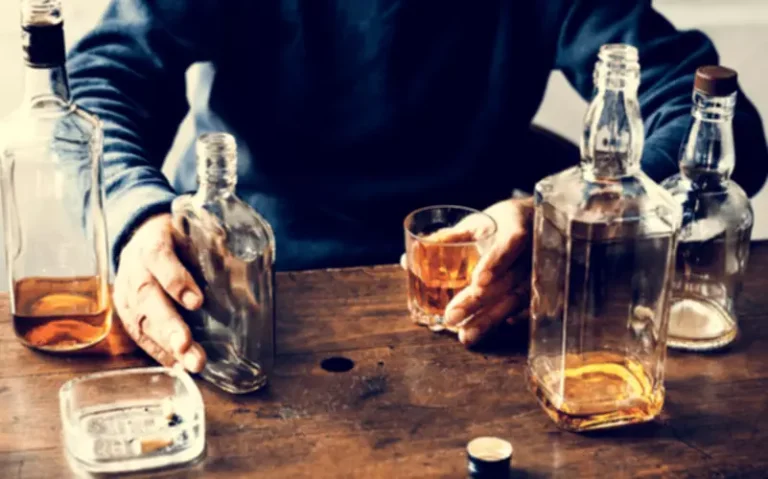
It may seem like the agitator’s fault for being a mean drunk or acting out, but research is proving that individuals are biologically wired to become argumentative and unfair when they drink alcohol. Through this analysis, we can begin to understand how a person can change from sweet to sour with just a few drinks in their system. We all have that friend who gets a little out of hand when they start drinking alcohol. Maybe he gets loud, or maybe she starts fights with strangers for looking at her funny. Alcohol seems to induce aggression, changing the brain in a way that makes a drunk person more likely to see minor social cues as threats, but how it does so has always been a bit of biological mystery.
Alcoholism And Anger
I’ve spent time researching and observing, trying to understand why some people turn into angry drunks while others become happy ones. It’s not always easy to tell the difference at first glance, but there are clear signs you can look for. When it comes to understanding anger and alcohol, there’s a fascinating psychological interplay at work. Research suggests that booze doesn’t necessarily create new behaviors—it simply amplifies what’s already there.
Seek Anger Management Support Groups

Alcohol changes the levels of this brain chemical, which can influence your mood and emotions. Additionally, alcohol myopia, which is when you focus only on the immediate situation and ignore future consequences, can lead to poor decision-making and aggressive responses. Alcohol effects the prefrontal cortex of the brain, the region that moderates things like decision-making.
Learning Anger Management in Addiction Treatment

For those who recognize mean drunk tendencies in themselves, there’s hope. With self-awareness, support, and the right strategies, it’s possible to change these patterns of behavior. This might involve moderating alcohol consumption, addressing underlying psychological issues, or developing new coping mechanisms. Past trauma and unresolved emotional issues can also contribute to mean drunk behavior. Alcohol can act as a temporary escape from painful memories or emotions, but it can also lower the barriers that usually keep these feelings in check.
This isolation makes it harder for individuals to seek help or maintain the support systems necessary for recovery. Chronic anger and aggression can also exacerbate underlying mental health issues, such as depression or anxiety, further complicating the recovery journey. Addressing both substance abuse and anger-related mental health concerns is critical for long-term recovery success. Seeking treatment that focuses on emotional regulation alongside addiction can provide individuals with the tools they need to manage anger and achieve sobriety.
- In the study, there were 34 randomly determined trials, and the researchers made sure that the participant won half of them.
- The lack of inhibitions that causes them to lose their temper can lead to bar fights, road rage, impulsive violence (even against friends and loved ones) and other events that may cost them a night in jail or worse.
- By recognizing these patterns, they can learn new coping strategies and ways of thinking that may reduce the likelihood of violent outbursts.
- Identifying this behavior can also be an indication that you have a problem with alcohol, even if the amount of the alcohol is minimal.
There have been studies where people thought they were consuming alcohol and acted like they were drunk anyway. However, anger may be a mask for another emotion, such as humiliation, regret, envy, insecurity, or betrayal. Because the expression of anger can be a self-defence mechanism, it sometimes presents itself in place of the real emotion the person is experiencing. If a person is normally repressing their emotions, anger can be an easy way to unleash pent-up feelings. “We don’t view people as responsible when they’ve been drinking,” White tells WebMD. “We live in a culture in which alcohol is used as an excuse for behaviors.”
Brain Scans Reveal How Drinking Turns People Into Raging Assholes
Recovery Ranger is a website that offers direction and support for those seeking to overcome addiction and achieve lasting sobriety. Our team of specialists helps individuals navigate the recovery process and stay motivated. When it comes to alcohol consumption and behavior, misperceptions abound — and not just among the young and inexperienced. The most dangerous ones have to do with people underestimating their own level of incapacitation. This reaction is not an inevitable reaction to alcohol consumption, experts believe. “Lots of people drink a lot, but not why does alcohol make people angry a lot of people become angry and aggressive,” Parrot tells WebMD.
The Effects of Alcohol on the Brain and Emotions
- While the study did not support a significant difference between groups high and low in anger, these results support the notion that such impairment in facial recognition may contribute to aggressive responding.
- There are several risk factors, all of which impact people differently.
- It was found that thought suppression mediated the association between the toughness masculine norm and alcohol-related aggression.
I made a joke that upset him and he started yelling and calling me names. I have learned that when Tom gets like that, it’s best to just agree with him. One third of people said that drinking spirits made them feel angry, or susceptible to aggressive urges. Researchers don’t yet have a complete understanding of theprocesses that lead some to aggression, but they have identified certain typesof people who are more prone to alcohol-related aggression. Typically, anger will lead to aggression unless something happens to resolve the situation. If an intoxicated person becomes upset because the bartender refuses to serve them, help from a friend might calm them down.
Sober Characteristics

Identifying those factors that might contribute to heightened anger when Drug rehabilitation consuming alcohol is important for individuals who have anger issues and those who treat them. It can cause problems with the heart, leading to high blood pressure and stroke. Heavy drinking will also have an impact on the liver, leading to fibrosis and cirrhosis of the liver.
The Science Behind Anger and Substance Abuse
Alcohol-related aggression and violence are a widespread cause of personal suffering with high socioeconomic costs. In 2011, nearly one in three violent acts in Germany was committed under the influence of alcohol (31.8%). The link between alcohol consumption and https://ecosoberhouse.com/ aggression is promoted by various interacting factors. There’s no better way to put it — properly addressing alcohol-fueled aggression is crucial for your well-being and relationships.
